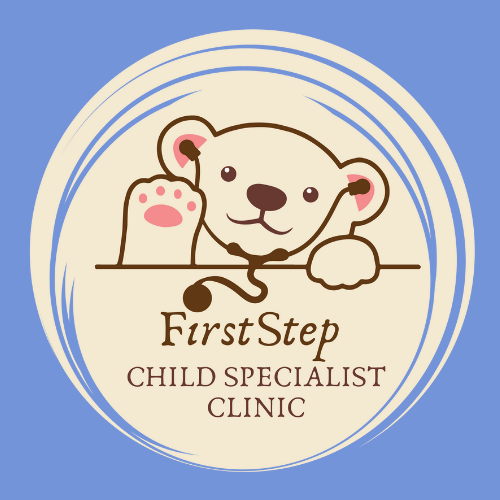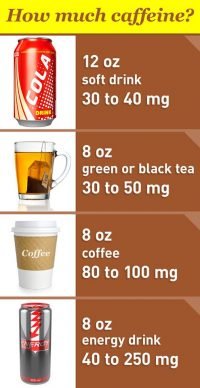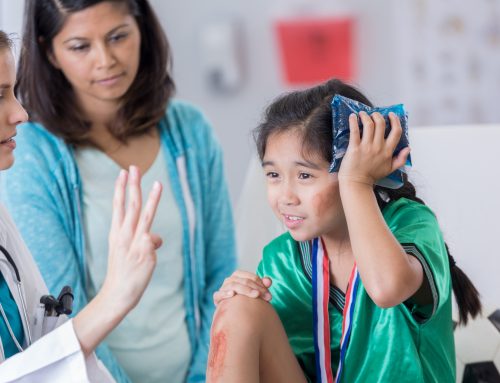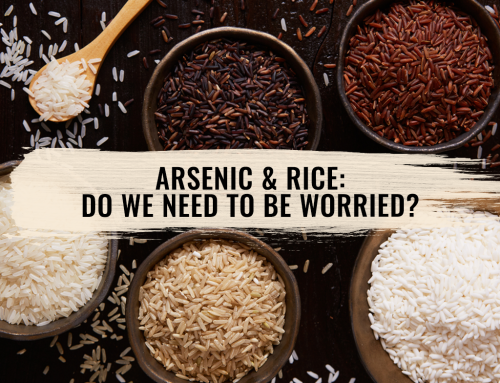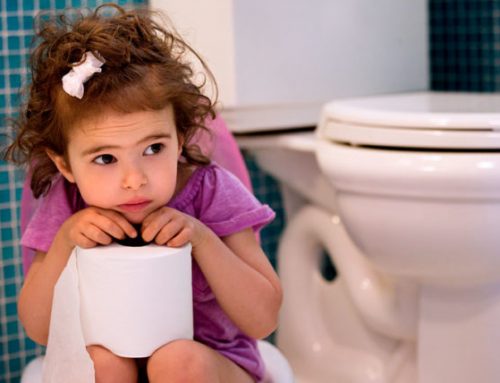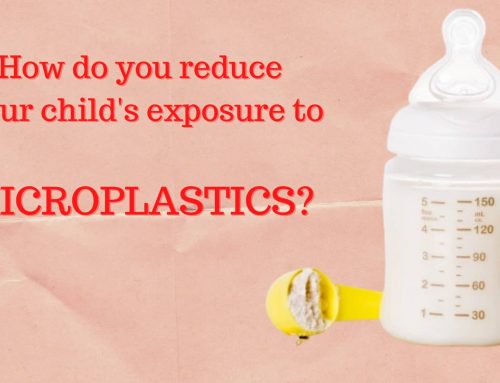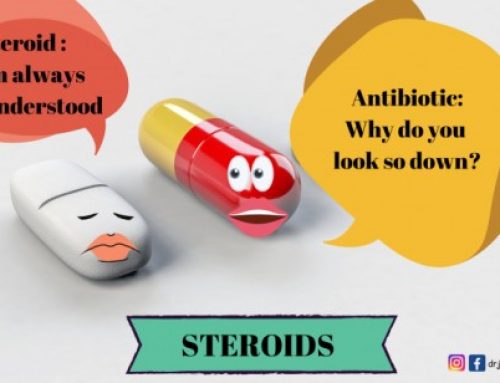Risk of caffeine consumption in children
No caffeine for kids, please!!
About three years ago, a 16 years old teenager in the US passed away after drinking a soft drink, a cup of coffee and an energy drink all within two hours. The cause of death was excess of caffeine in the body which lead to abnormal heart rhythm. This unfortunate child was otherwise a healthy child with no underlying heart condition.
Is safe for children?
Major health organizations like the American Academy of Pediatrics strongly advocate that children under the age of 12 years SHOULD NOT eat or drink any caffeine-containing food or drinks. For those older than 12 years, caffeine intake is limited to a maximum of 100 milligrams per day (equivalent to a cup of coffee).
What are the effects of caffeine on the body?
Caffeine acts as a brain stimulant. A cup of coffee makes you feel GREAT – your body perks up, concentration improves and suddenly you feel a surge of energy. Boom! You are suddenly addicted to coffee. These incredible effects are seen at moderate doses of caffeine roughly 200-300 milligrams.
Children, however, have a lower threshold towards caffeine. Instead of feeling good, they probably have anxiety, jitteriness, nausea, difficulty in sleeping, tummy pain, heartburn and fast-beating heart.
Shockingly, a study in Iceland among teenagers showed that caffeine intake in the form of soda or energy drinks was related to higher incidences of anger. Another study revealed that caffeine consumption in teenagers is associated with violent and risk-taking behaviour like substance abuse and extreme sports.
What is the source of caffeine?
Coffee is not the only source of caffeine. Caffeine can be found naturally in plants used to make chocolate or tea. Caffeine may also be added into various food and beverages like soda, energy drinks, ice-creams, biscuits etc.
Hence, always make it a good practice to read the labels for hidden caffeine before buying or consuming food, primarily if it is meant for the kids!
#drjoannchildspecialist
#coffeechildren
#coffeeaddiction
#childhealth
Related post:
https://drjoannchildspecialist.com/food-poisoning-in-children/
https://drjoannchildspecialist.com/fruit-juice-for-children/
References:
1. Trends, safety, and recommendations for caffeine use in children and adolescents – Journal of the American Academy of Child and Adolescent Psychiatry Volume 58, Issue 1, pg 36-45 January 1,2019
2. Spilling the beans:How much caffeine is too much? fda.gov
3. American Academy of Pediatrics
INTERESTED IN PARENTING ARTICLES?
We have the right articles just for you.
“There is no such thing as a perfect parent. So just be a real one.” – Sue Atkins
